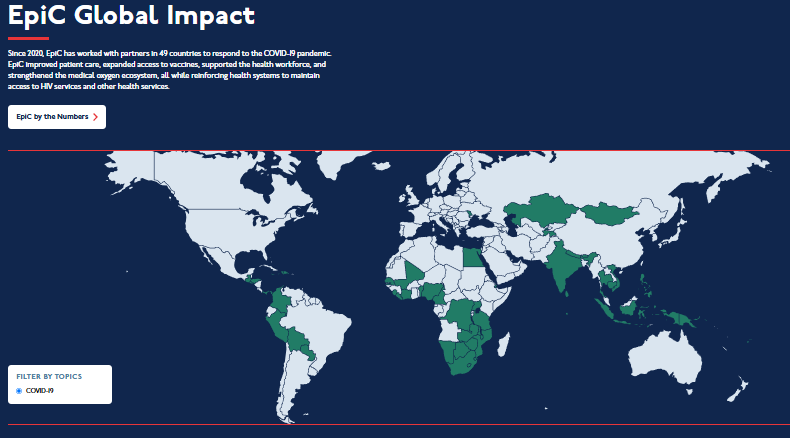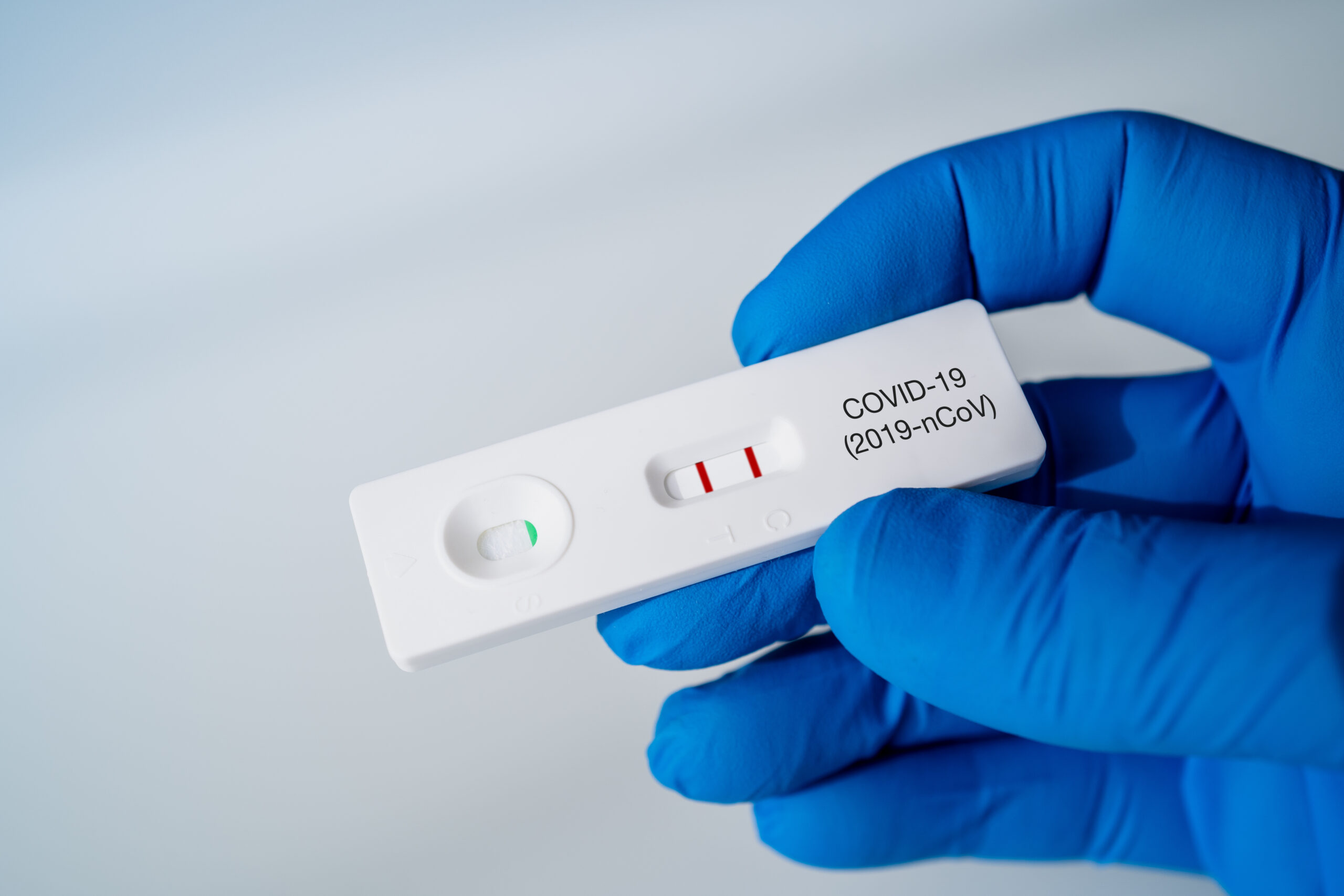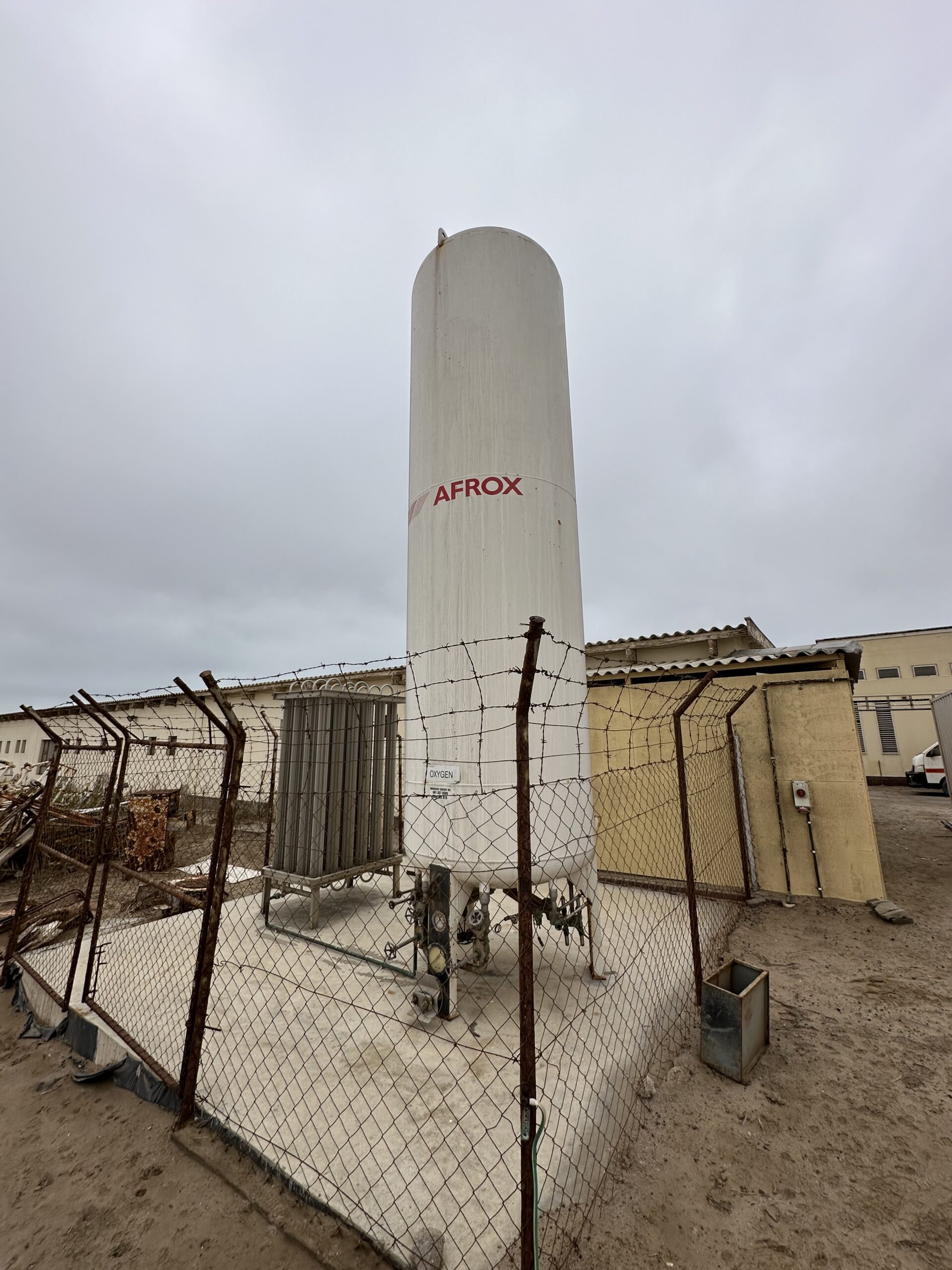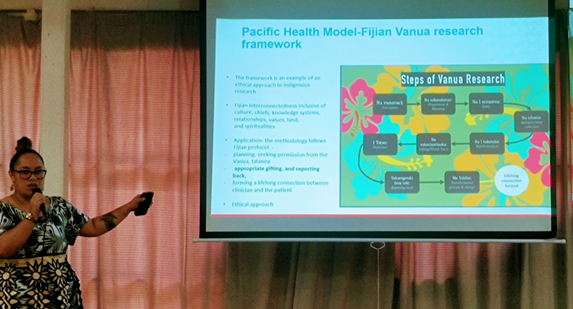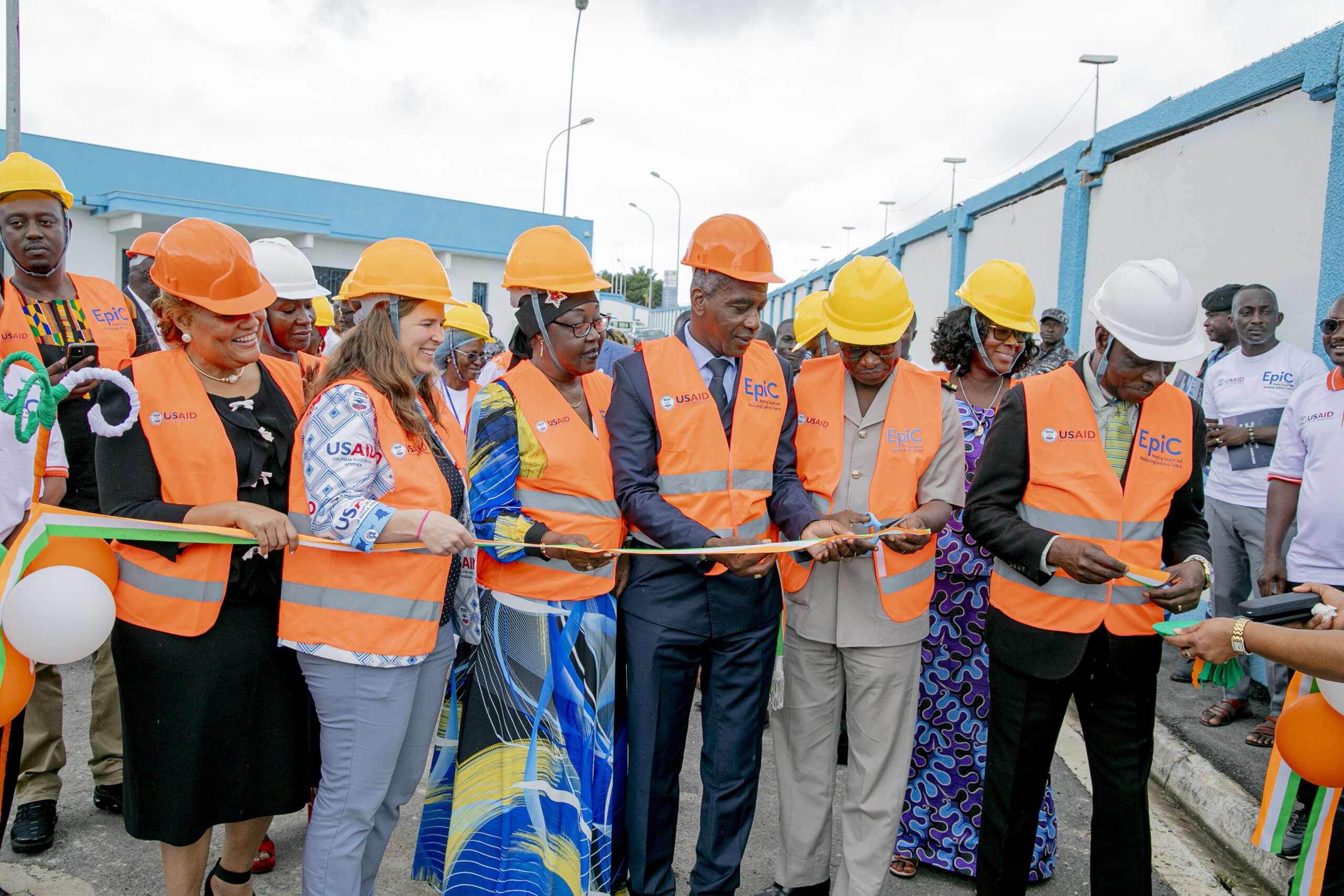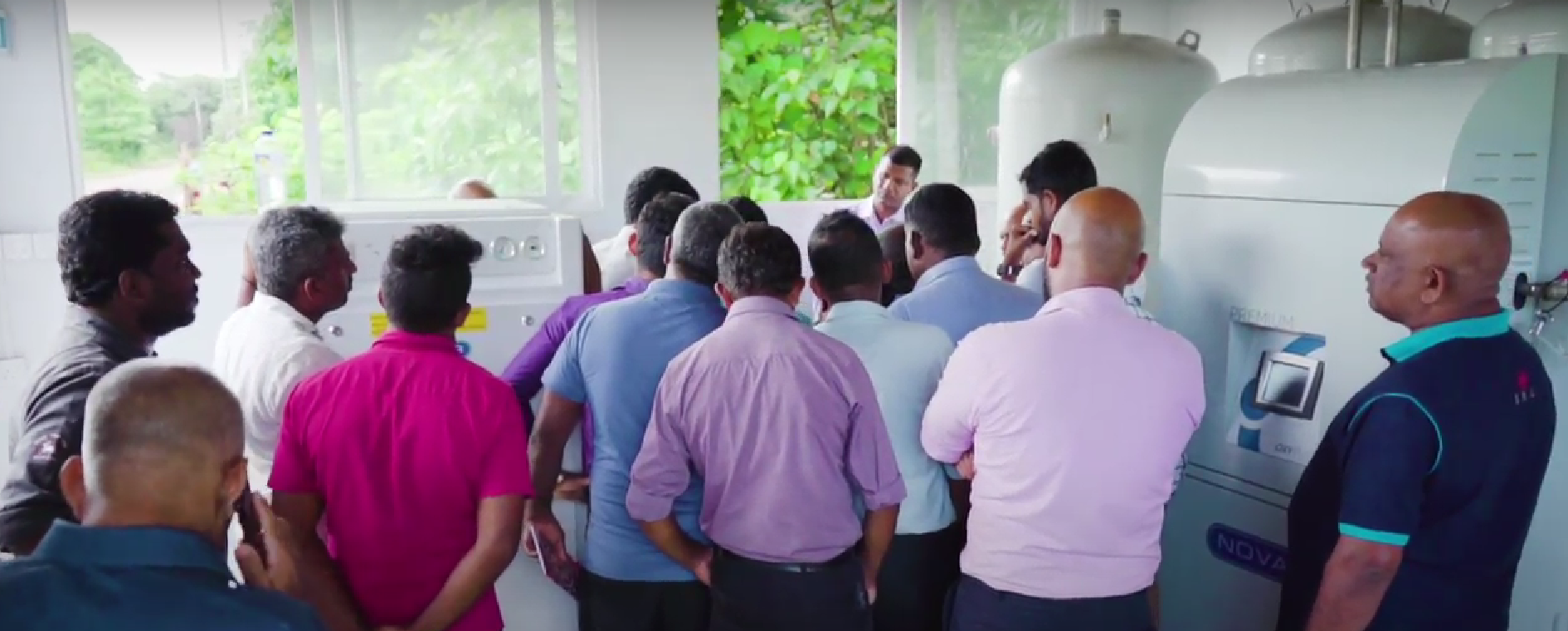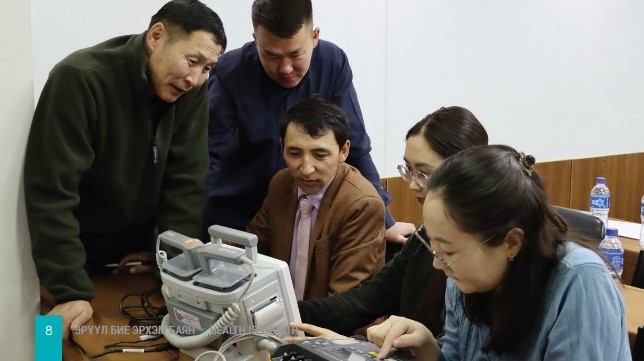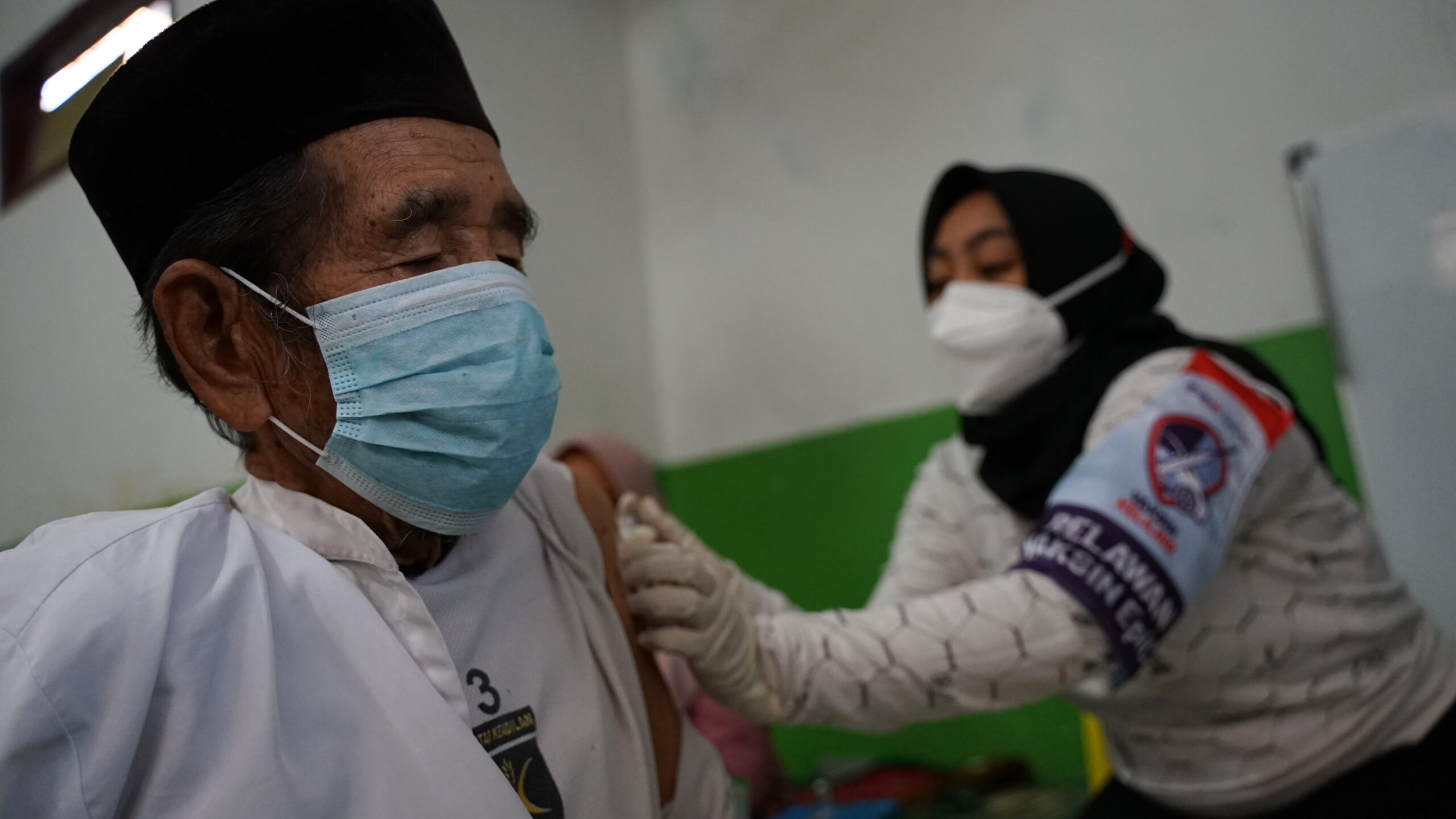Since 2020, the USAID-funded Meeting Targets to Maintain Epidemic Control (EpiC) project has worked with partner governments to respond to the COVID-19 pandemic. When COVID-19 emerged as a global health threat, USAID called on several FHI 360-led projects, including the EpiC project, to support government partners to maintain essential HIV services and respond to the […]
